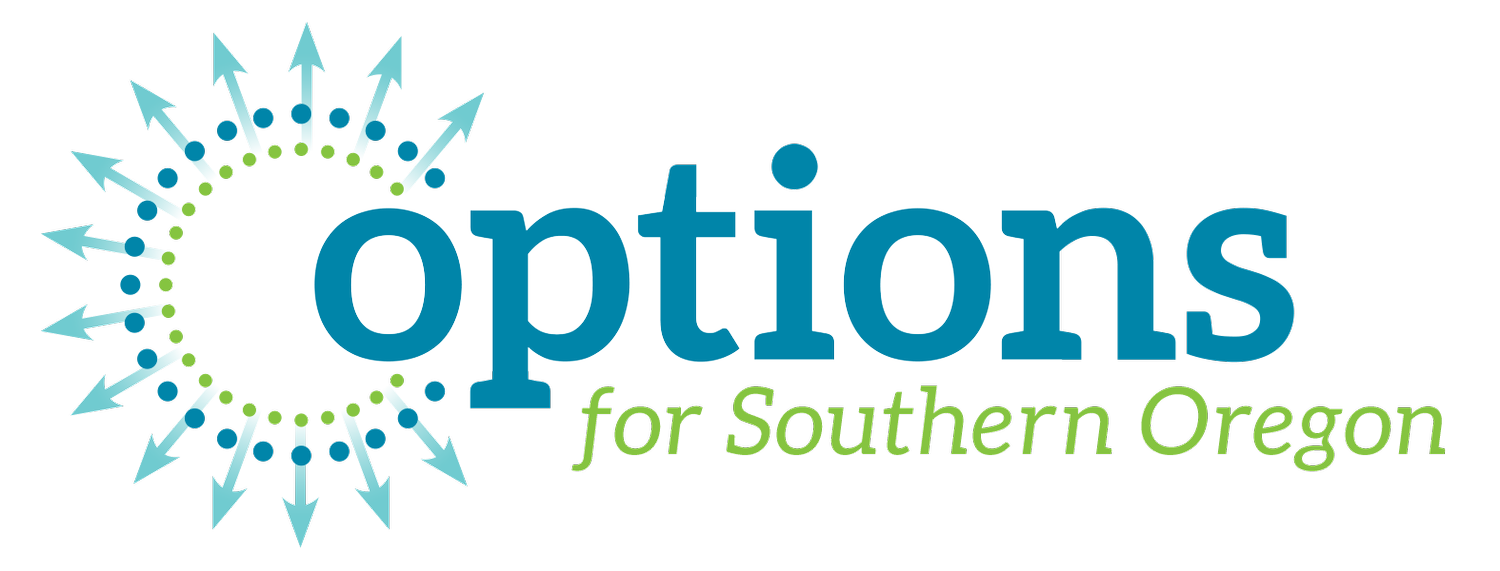Problem Gambling
Problem gambling is often called a silent addiction because it can go unnoticed for many years causing great financial and emotional harm before anyone realizes that it’s even a problem. The person struggling with this addiction feels an uncontrollable urge to keep gambling despite the toll it takes on his or her life and that of his or her family. Gambling may stimulate the brain's reward system much like drugs such as alcohol can, leading to addiction.
Signs and symptoms of problem gambling may include:
spending much of one’s free time thinking about gambling
spending an excessive amount of time gambling at the expense of personal or family time
continuing to gamble despite negative consequences such losing a lot of money, or problems with work or family as a result of gambling
using gambling as a means to cope with unpleasant feelings
borrowing money to gamble, using credit cards or taking out loans
lying or secretive behavior in an attempt to hide gambling behavior
Options provides professional face to face Problem Gambling Treatment including individual and family counseling, case management and aftercare planning. Services are available to family members, whether the person who is addicted to gambling participates or not. Options also operates one of the few Problem Gambling Inpatient Stabilization Programs in Oregon. In this program, the individual who is struggling with feelings of self harm is treated on an inpatient basis receiving both gambling and mental health treatment services. Referrals are then made to longer term addiction treatment programs including Options outpatient Problem Gambling Treatment Program.
Need help now? Call the Oregon Problem Gambling Resource Helpline at 1-877-MY-LIMIT (1-877-695-4648) to speak with an experienced problem gambling specialist. Live chat is also available at http://www.opgr.org/. Both the Helpline and the Live Chat options are available 24 hours a day, seven days a week.

